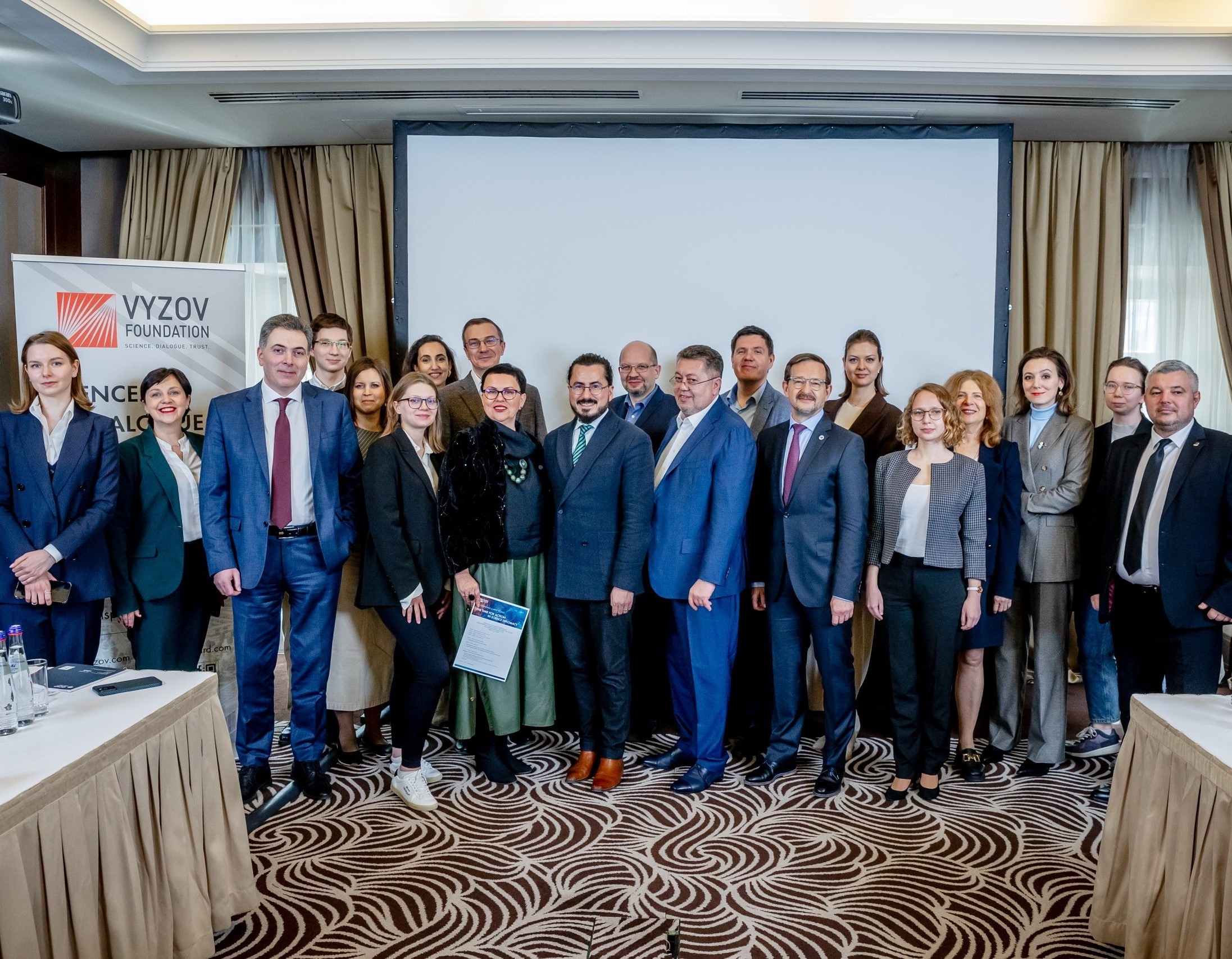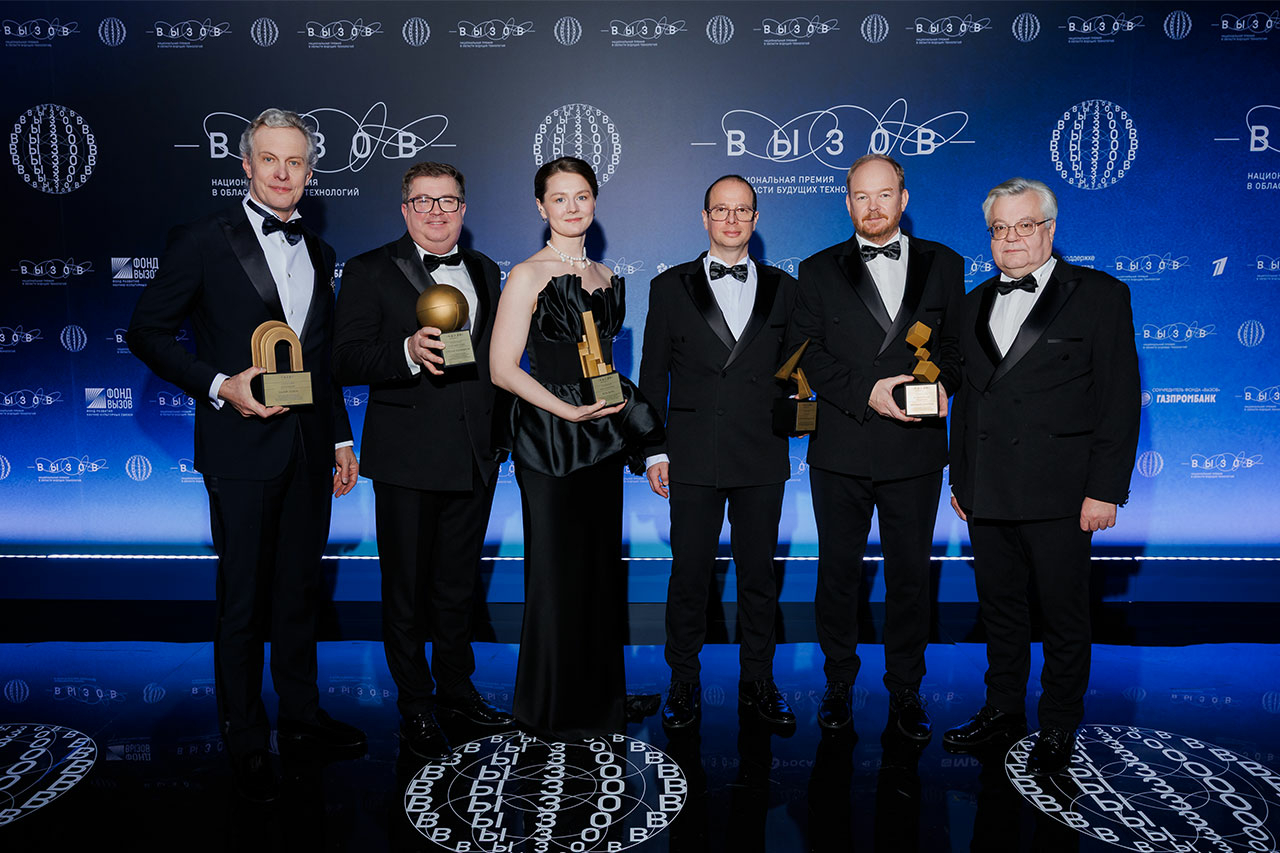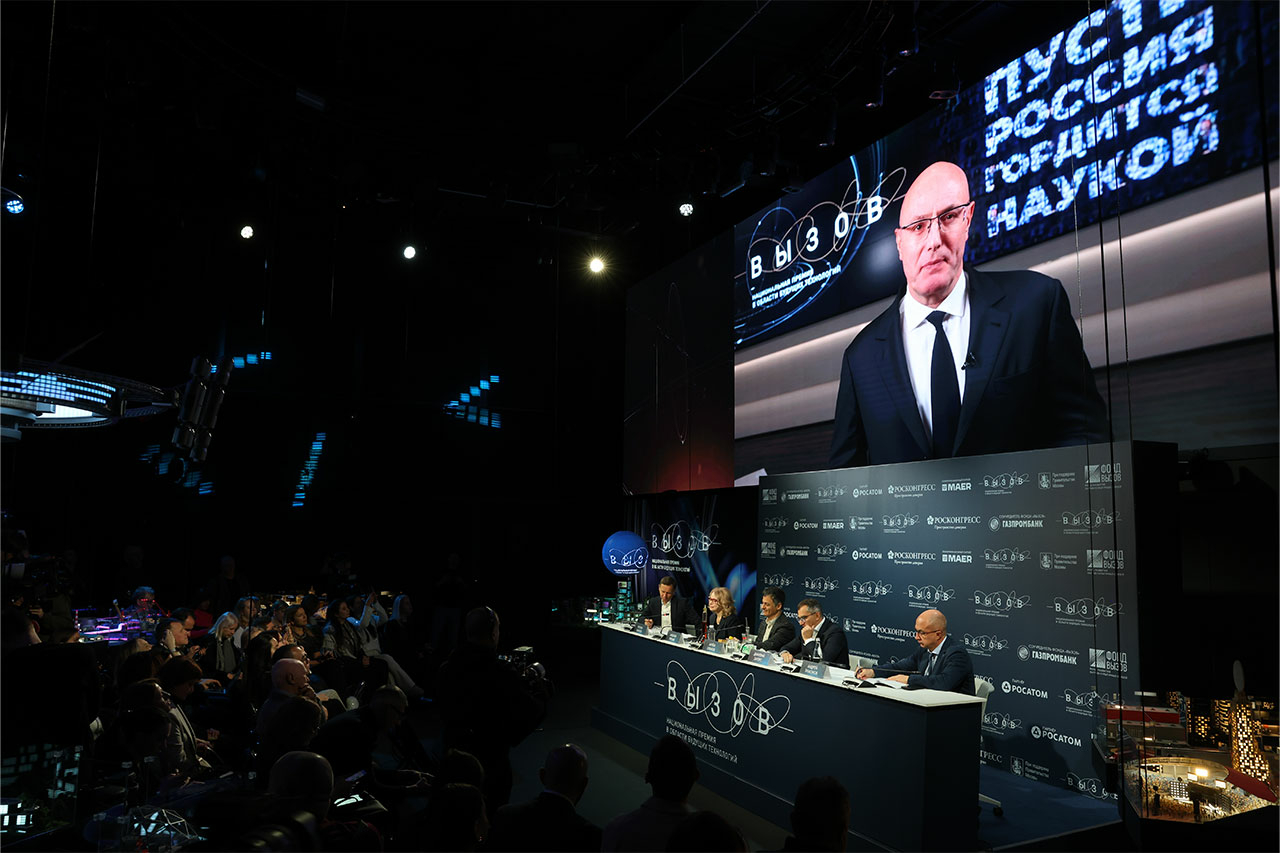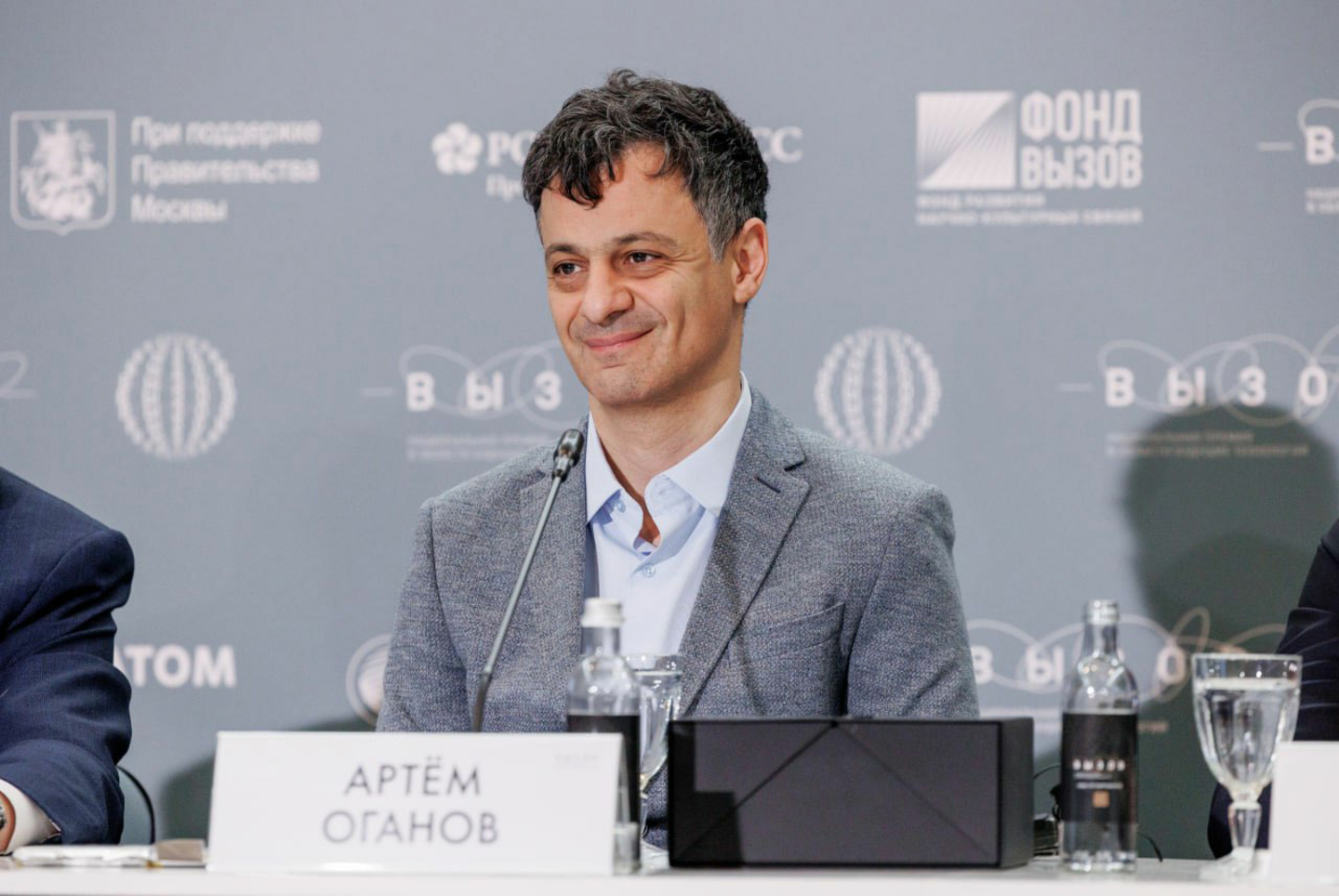News 24.04.2024
Anticipating a new world: Vyzov Foundation held seminar in science diplomacy
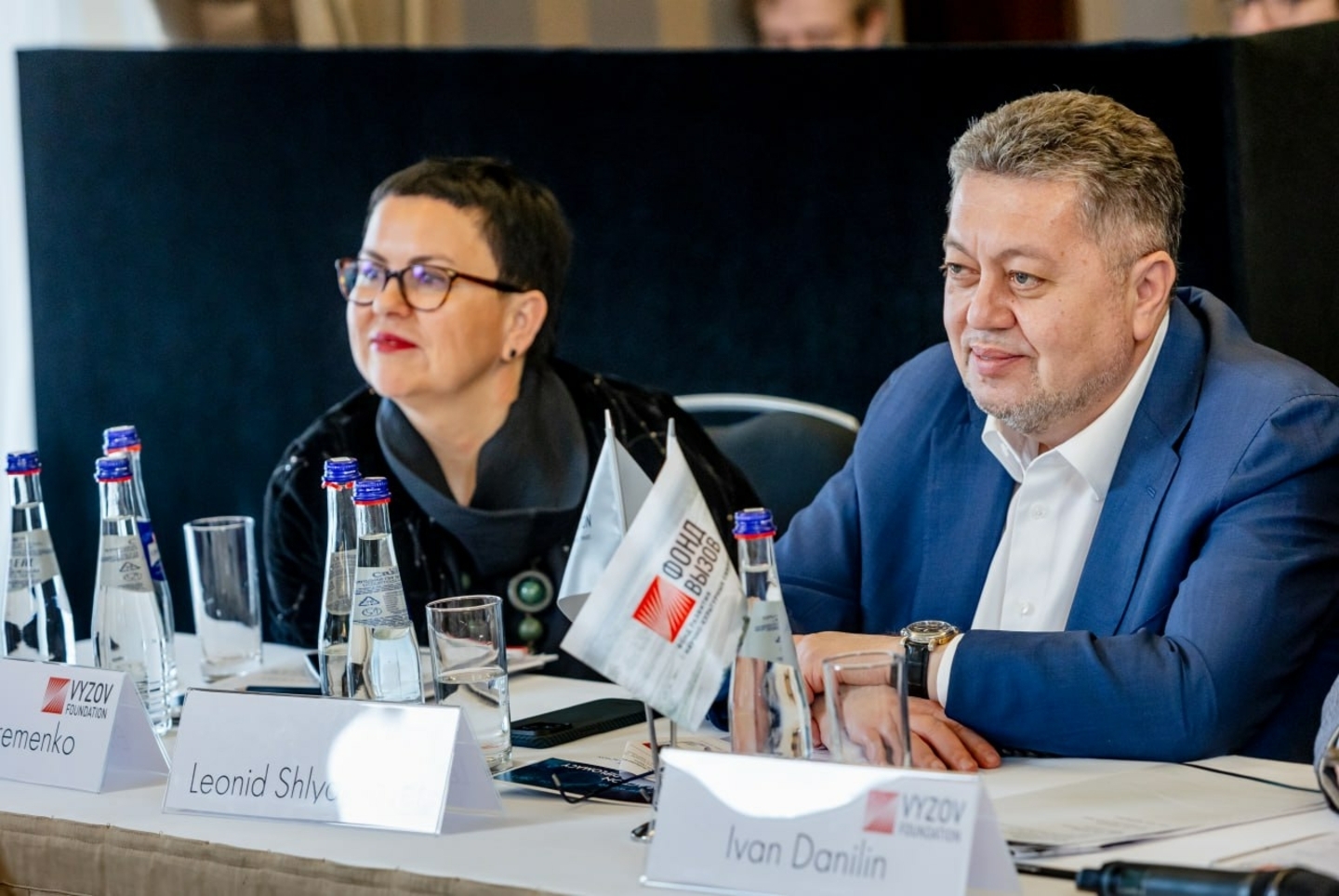
On April 23, a seminar "Anticipating a New World: The Time for Action in Science Diplomacy" organized by the Vyzov Foundation for the Development of Scientific and Cultural Relations was held in Moscow. Participants of the seminar discussed the opportunities for scientific diplomacy in the times of political turmoil and issues of preserving trust in the scientific community.
Leonid Shlyakhover, President of the Vyzov Foundation, noted that the event was an important step towards the establishment of a sustainable international dialogue.
"Maintaining the scientific dialogue based on trust is now harder than ever, but this is a crucial task. Science should stay out of politics, but the reality is different, and therefore scientists are forced to act as diplomats. The Vyzov Foundation strives to create an independent platform for exchanging opinions in order to carry of the scientific dialogue. We want the scientific diplomacy seminar to become a regular event held several times a year," noted Leonid Shlyakhover.
The seminar was attended by Thomas Greminger, Director of the Geneva Center for Security Policy, former Secretary General of OSCE. He believes that that joint international projects aimed at overcoming the current challenges are an effective tool of scientific diplomacy, building trust between scientists and researchers from different countries. He called for the creation of informal platforms in order to continue meaningful dialogue and exchange of views despite political differences.
"Scientific diplomacy can foster trust-building. When there are few opportunities for a dialogue, science can become the means that helps preserve communication channels and strengthen relationships for future dialogue and cooperation. If official platforms and exchanges are frozen, let's create informal ones," said Thomas Greminger.
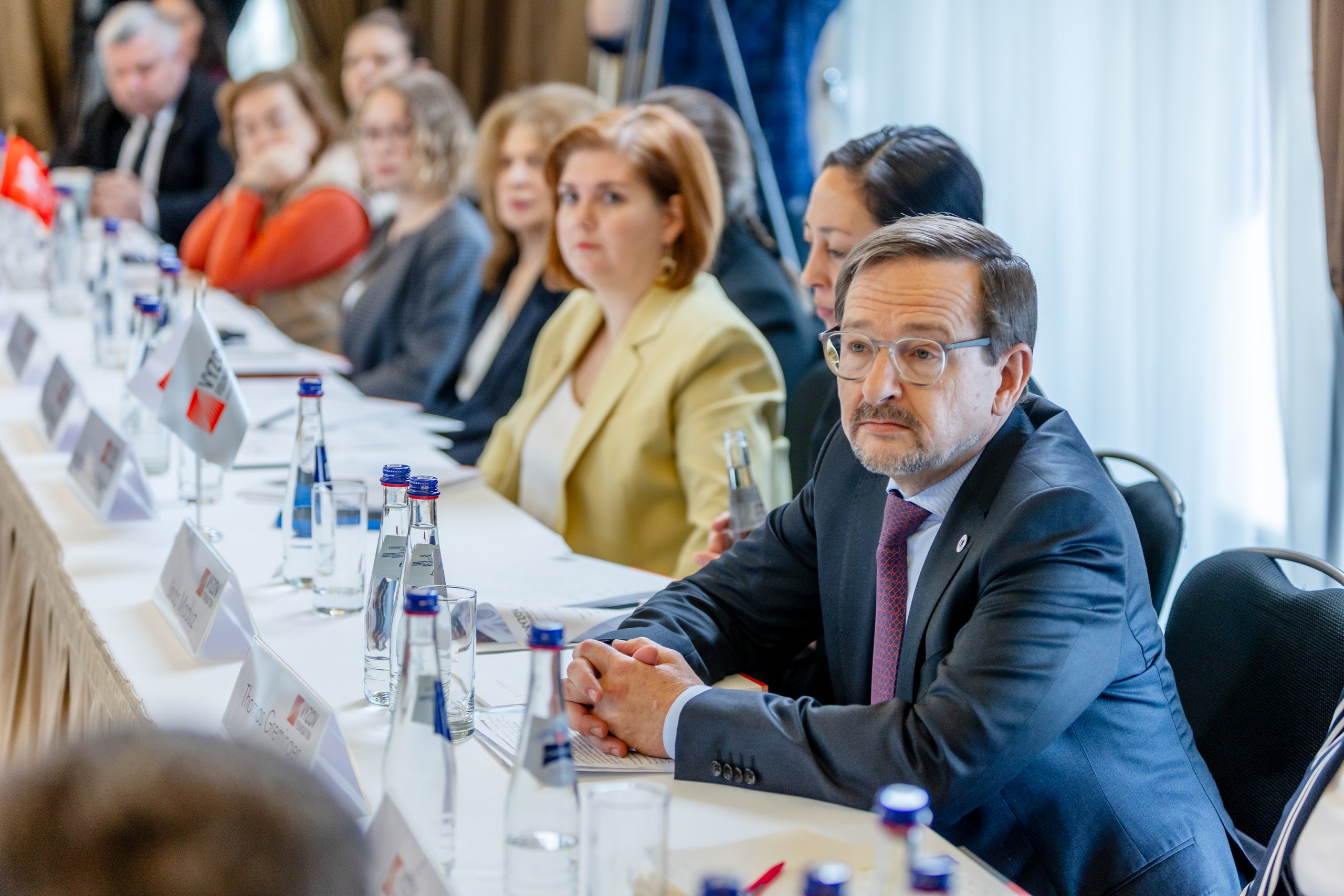
Photo: Photobank of Vyzov Foundation
Anastasia Likhacheva, Dean of Faculty of World Economy and International Affairs at the Higher School of Economics, pointed out that scientific diplomacy can become a tool to counter sanctions. According to her, despite the increasing pressure experienced by the Russian science, it is important to uphold international cooperation. She suggested creating specific visas for young scientists and research teams.
"The influence that politics exerts on science is increasing, but the number of scientific challenges is on the rise as well. The entire logic of the development of humankind leads me to believe that science will prevail. But it's a shame that science is facing so many obstacles right now," commented Anastasia Likhacheva.
Aleksey Fedorov, Deputy Chairman of the Scientific Committee of the VYZOV Prize, said that the Prize is an important tool of scientific diplomacy. He noted that applications for the international Discovery category come from all over the world, and emphasized the openness and transparency of the procedure for selecting winners.
The participants of the seminar on scientific diplomacy agreed that under current conditions, it is necessary to maintain the international scientific dialogue, develop joint academic initiatives with other countries, and promote scientific exchange programs among students. Now there is great demand in the scientific community for the creation of platforms, including informal ones, for the exchange of views and the development of real measures to maintain international contacts in the field of science.
"The key takeaway of the scientific diplomacy seminar is that we are moving in the right direction. Almost every participant of this event said that they were looking forward to the next steps. Scientific diplomacy is the tool that actually works and it is necessary for meaningful communication between scientists from different countries," said Elena Eremenko, Vice President of the Vyzov Foundation.
